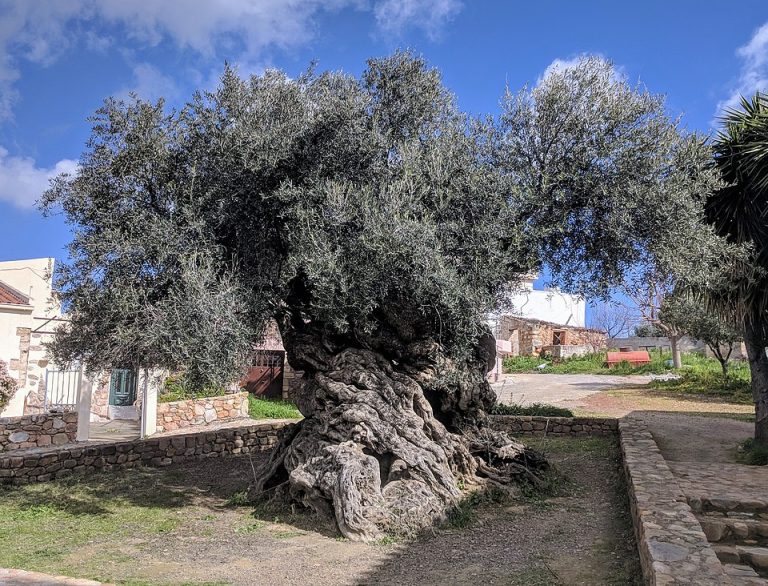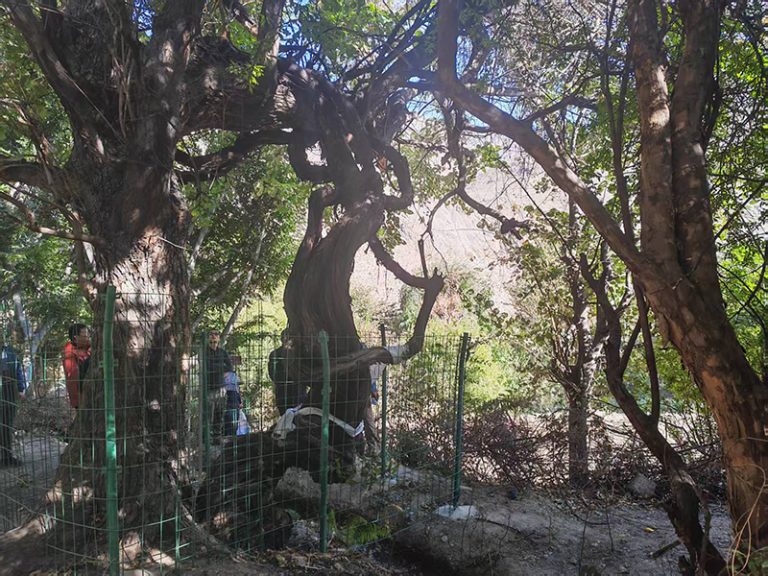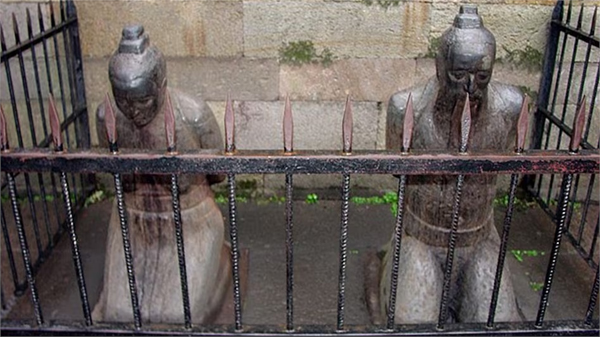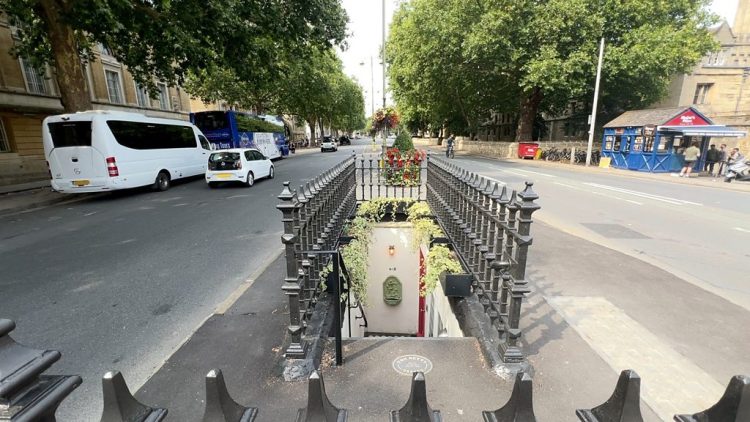Lerik, a mountainous region in southern Azerbaijan, is famous for being home to an unusually high concentration of centenarians.
Regions where people tend to live longer than average are known as “blue zones”, and we’ve actually covered a couple of them in the past – Japan’s Okinawa island and Ikaria, Greece’s island of longevity. However, there are places famous for the longevity of the local population that are not officially categorized as blue zones. One such place is Lerik, a region in the Talysh Mountains of southern Azerbaijan, famous for its high number of centenarians and even the world’s only Longevity Museum.
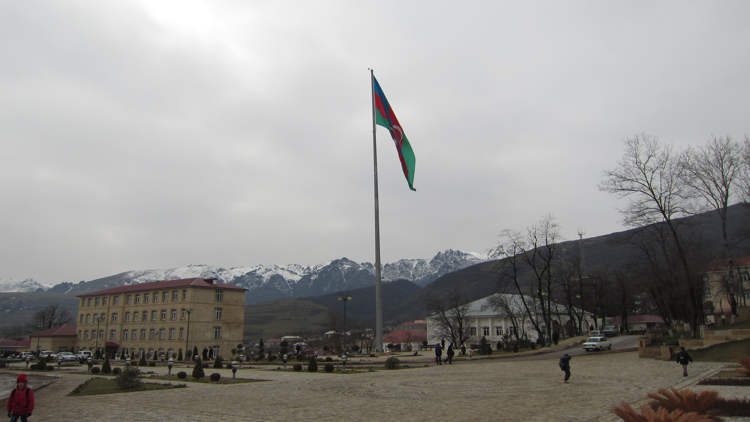
Photo: Turhalemidli/Wikimedia Commons
According to Azer Tag, Azerbaijan’s state news agency, there was once a time when Lerik was home to over 500 centenarians, roughly one percent of its entire population. That number dwindled to about 100 out of around 63,000 inhabitants, and to just over 20 known centenarians today. The sharp drop in the number of centenarians is usually attributed to factors associated with modern life, such as pollution, processed foods and stress.
Still, Lerik’s reputation as a land of longevity lives on through its history and legendary centenarians like Shirali Muslumov who virtually put the region on the world map. That Muslumov died in 1973 is a documented fact, but he claimed to have been born in 1805, which made him 168 years old, 52 years older than the world’s verified oldest man, and 46 years older that the oldest known woman ever.
Muslumov claimed to have been around when the now-extinct Caspian tiger was a common presence in the Talysh Mountains, and when kidnapping a bride was common practice. He is said to have fathered a child at 80, with his second wife of just 36 years old, and produced a total of 330 descendants that extended into five generations.
Muslumov’s brother, Mahmüd Eyvazov, allegedly lived to be 150 years old, and his wife, Gizil Guliyeva, lived to the age of 120. One of his daughters still lives in Lerik and has inherited his genes, as she is 95 and in great health. She actually qualifies as one of the region’s centenarians, as here the word refers to people over 90 years old.
Shirali Muslumov, Lerik’s most famous centenarian ever, was internationally famous during his lifetime. He received congratulatory letters from the likes of Vietnamese leader Ho Chi Minh, and attracted the attention of Harvard physician Alexander Leaf, who visited the region in 1973 to learn the secret of his longevity. He discovered a 117-year-old farmer, who still worked in the fields, a 108-year-old shepherd who claimed to live a stress-free life, and others who seemed to confirm that there was something special about this place.
Unfortunately, the fame of longevity seems to have done Lerik more harm than good. It opened the mountainous region to the outside world and all of its temptations. Although fresh produce, and locally-sourced dairy products and meat are still available, they are now overshadowed by chocolate bars and other sugary drinks, as well as vodka and other alcoholic drinks.
It was never clear if Lerik owed the longevity of its inhabitants to one single thing, or a combination of factors like a carefree life, fresh mountain air or clean diet, but something seems to have changed in recent decades, although people here still try to cling to their reputation.
Lerik’s Museum of Longevity, a small brick building in the town of Lerik, is full of tributes to the centenarians of the region, from the famous Shirali Muslumov, to everyday people who lived into their nineties and beyond. It consists of two halls and over 2,000 exhibits, including photographs and documents related to dozens of centenarians.



